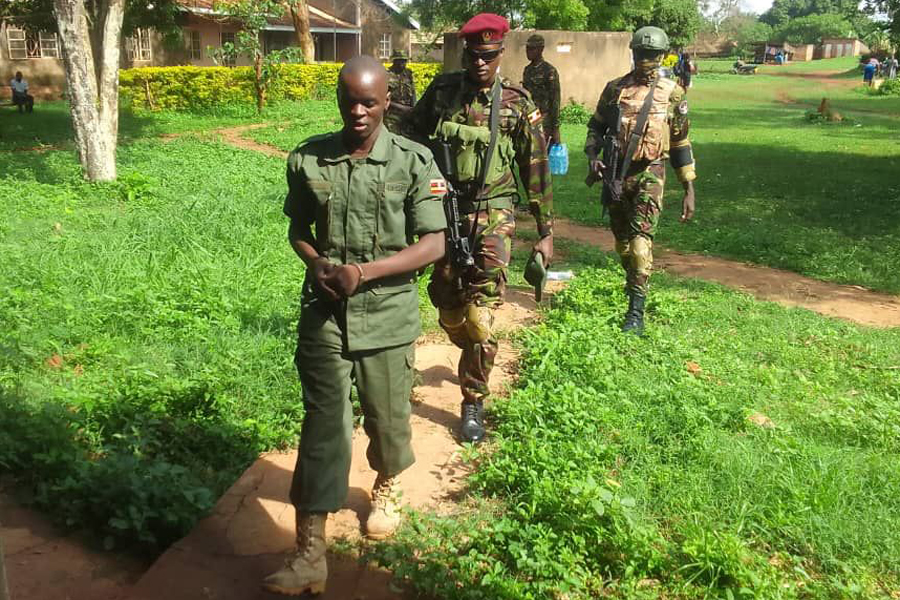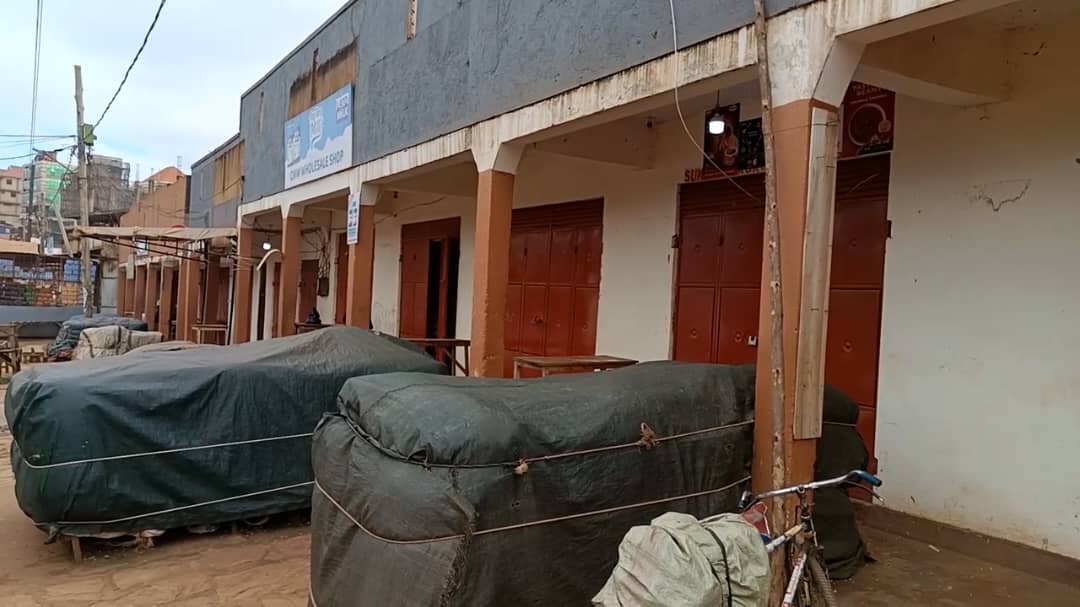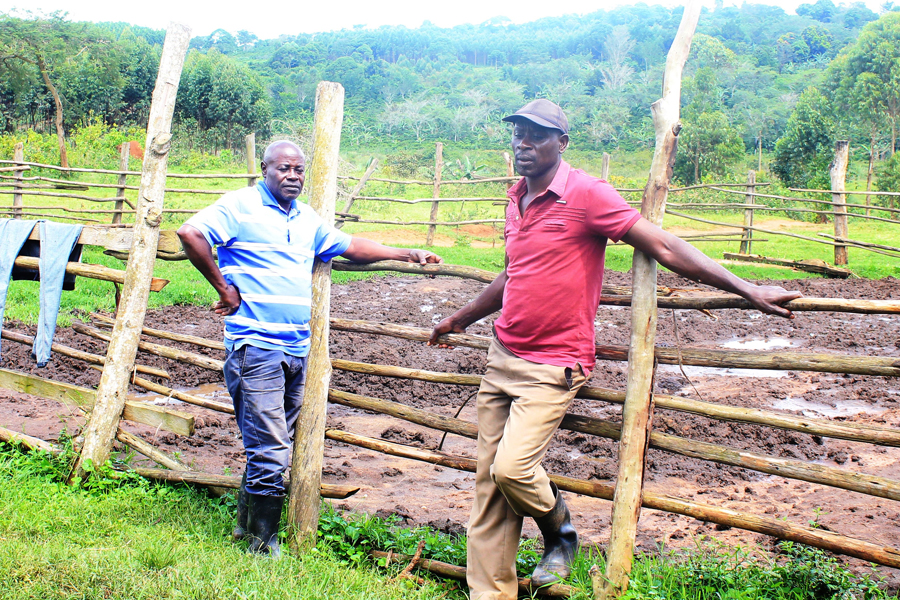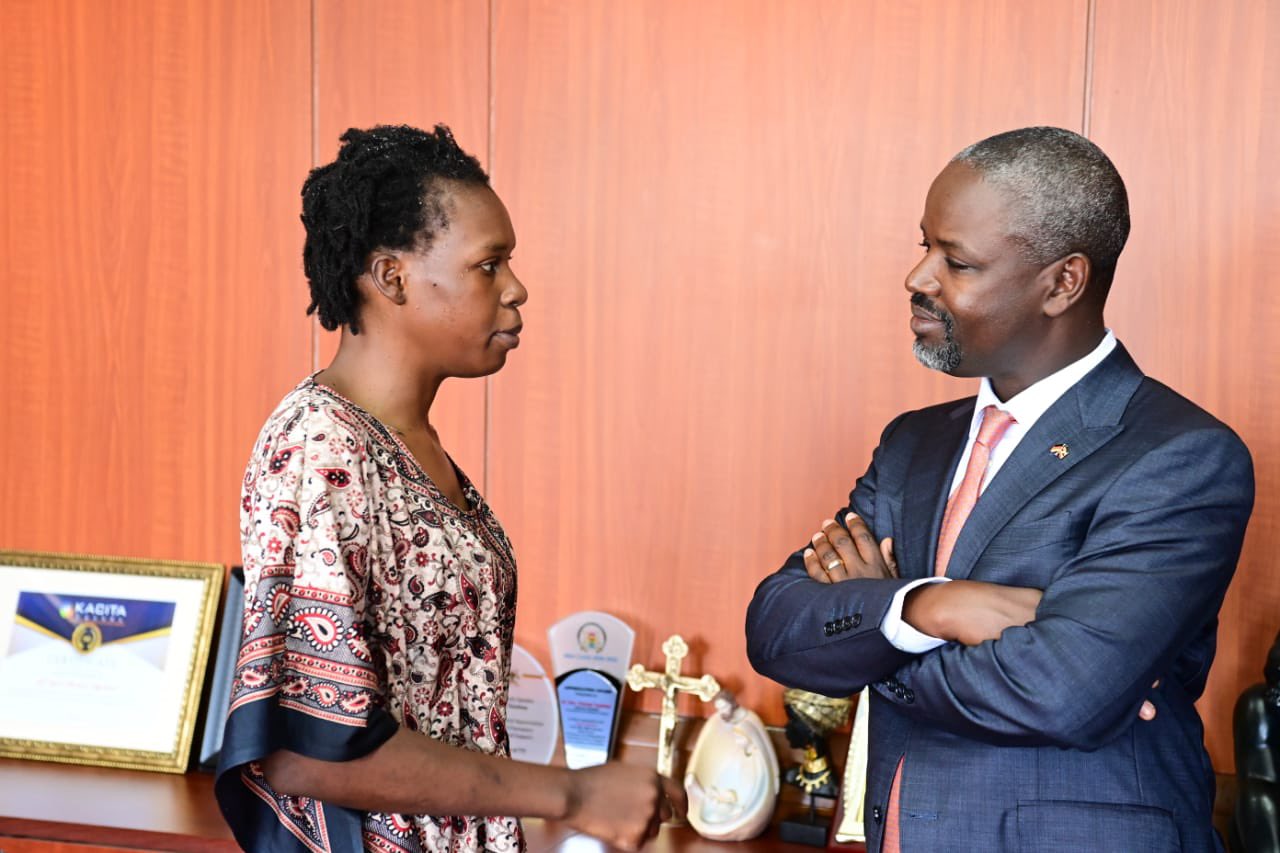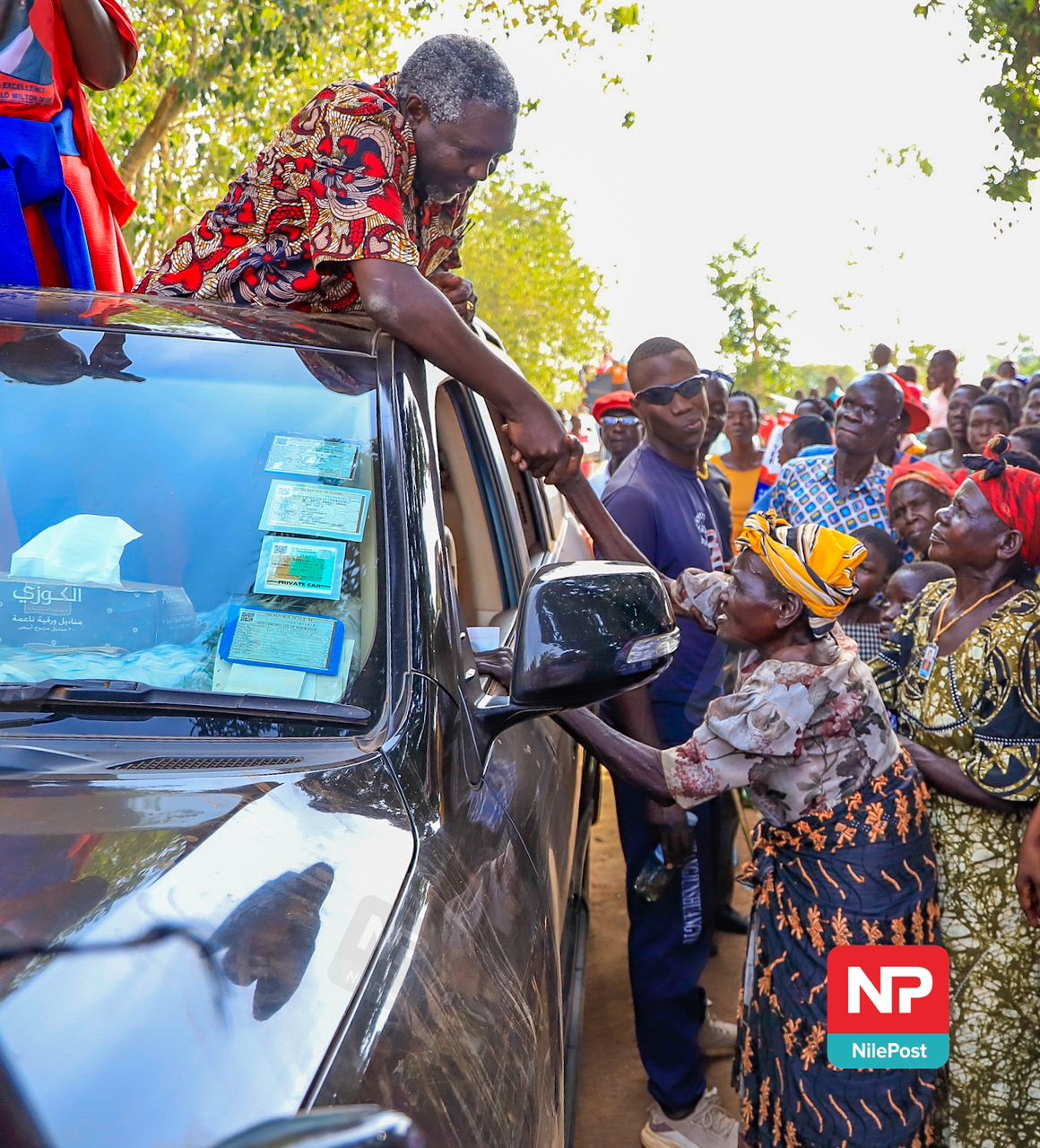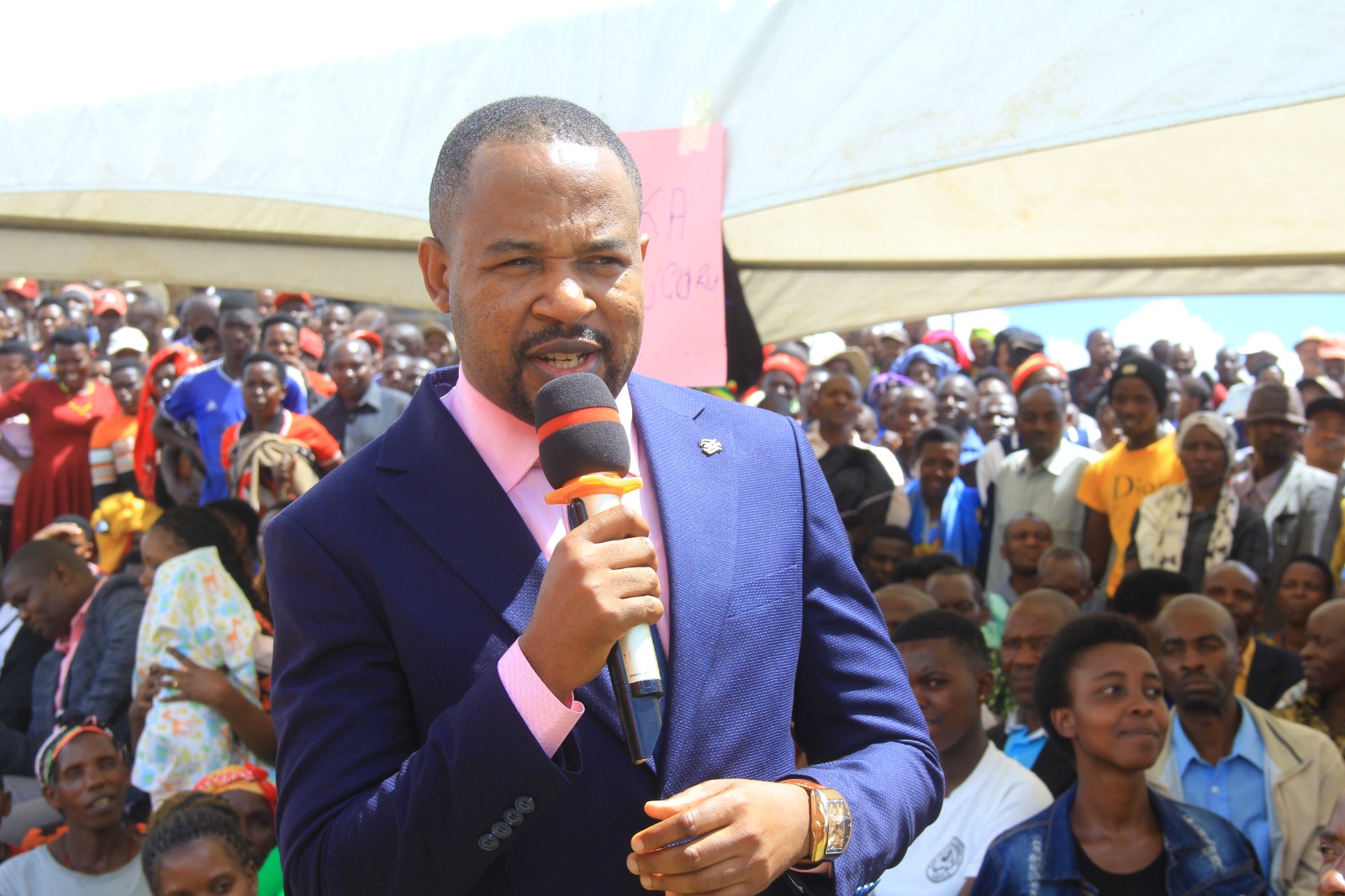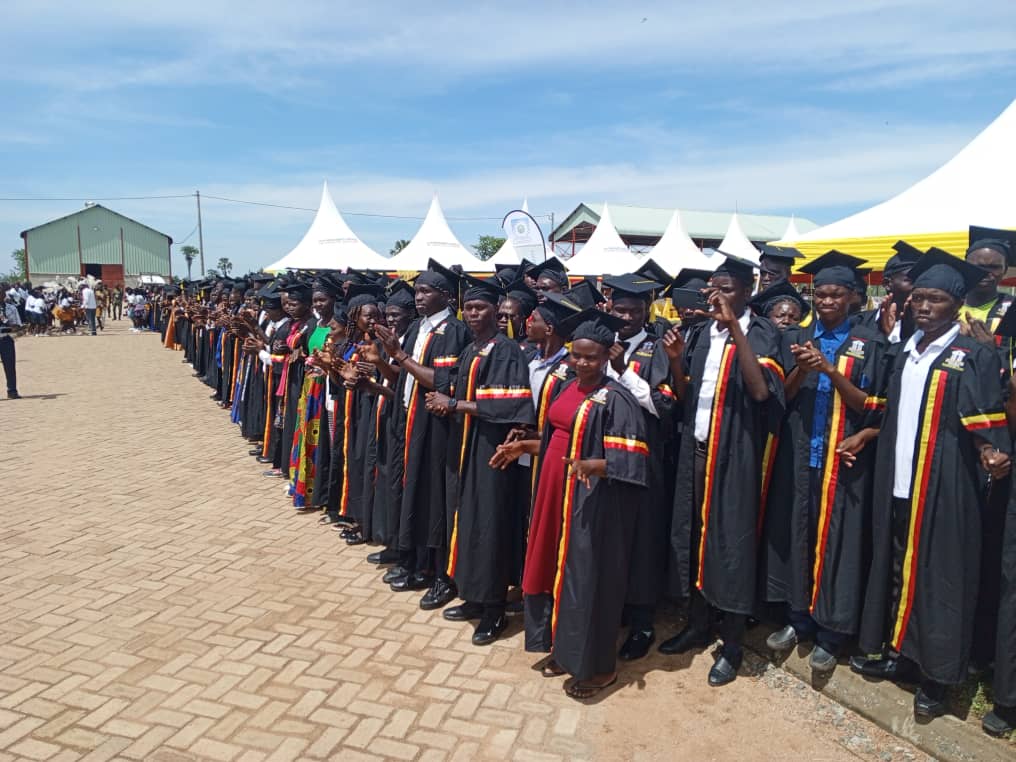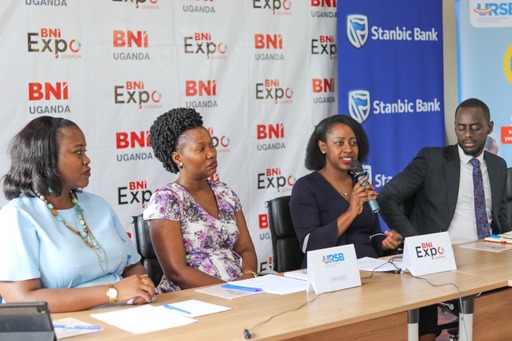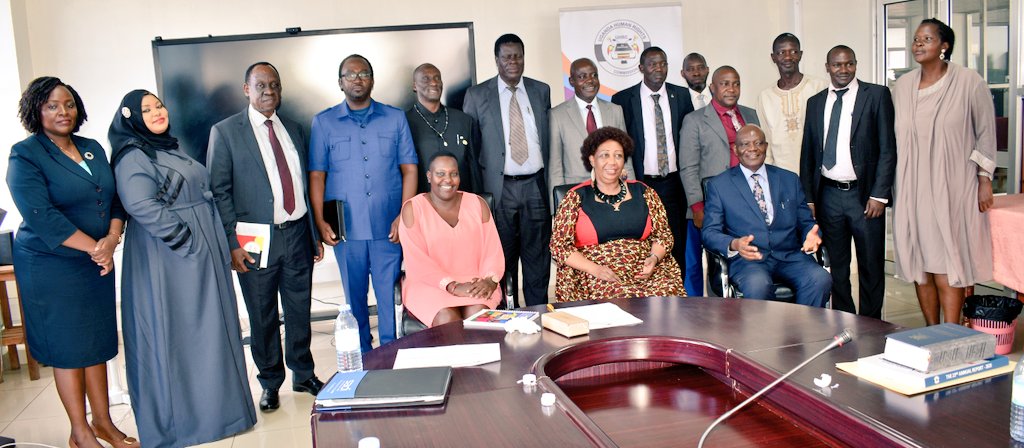Policy makers, practitioners equipped with research skills
The AfriChild Centre in Makerere University has trained 30 policy makers and practitioners to use evidence-based research to inform policies and programs that aim to improve children’s welfare.
The four-day training that begun on November 12 2018 saw participants treated to various research presentations from trainers including Prof. Fred Wabwire-Mangen from Makerere School of Public Health; Prof. Rosalind Grace Lubanga, a seasoned social-work academic and Dr Godfrey Ejuu, Head of Department-Early Childhood Development at Kyambogo University.
Participants were drawn from government ministries such as the health, education and gender ministries; civil society organisations including ANPPCAN, UWEZO, Dwelling Places and Parenting Uganda and religious bodies such as the Inter-Religious Council of Uganda (IRCU) and Uganda Muslim Supreme Council (UMSC). It was held at Fairway Hotel in Kampala.
Prof. Rosalind Lubanga emphasized the need to have transparent processes to uptake research evidence in various government and civil society organization departments.
“The practice landscape comprises many actors and there is a lot of politicisation of issues which does not bear results for our children. We need individuals with skills to use the research evidence and that is why this training is timely,” she said.
The training, akin to a crash-course, extensively covered more than 10 research and program areas namely: understanding the research process; searching, organising and storing research literature; communicating research findings to policy makers and implementers; tenets of child-focused research; policy development; systematic reviews and meta-analysis; the research to policy gap and problem identification.
Regarding acquisition and use of research evidence, Dr Godfrey Ejuu told trainees to always check the quality of research evidence because it ought to fill gaps in programming and policy making.
“One always has to check the relevance of the research findings-how close is the evidence to what you engage in daily as policy makers or practitioners. Not every evidence is relevant for you,” he said.
Dr Ejuu also told trainees to acquaint themselves with knowledge of the political system and manifesto in order to ease policy absorption and implementation.
The training was comprised of a skills lab, a practical session where trainees worked as teams to develop policy and program briefs; brainstorm on ways to uptake and use research evidence to improve child wellbeing and how to conduct research with children.
Sheikh Juma Cucu from the UMSC noted that the training equipped him with skills to ask policy-relevant research questions and know the link between researchers, policy makers and practitioners in the research process.
This training was part of AfriChild’s project, ‘Building the next generation of researchers which aims to build capacity of academics, policy makers and practitioners to conduct rigorous child-focused research.


